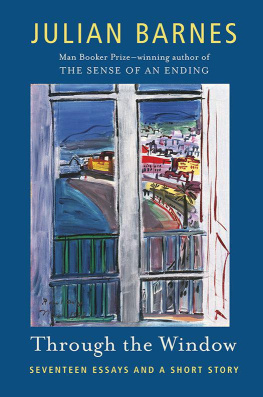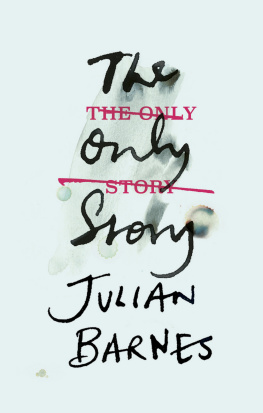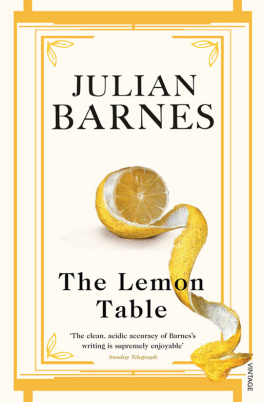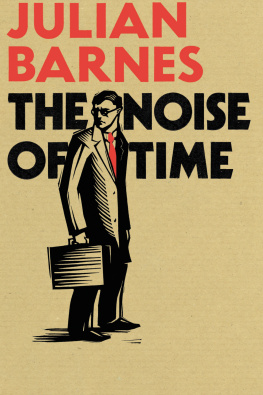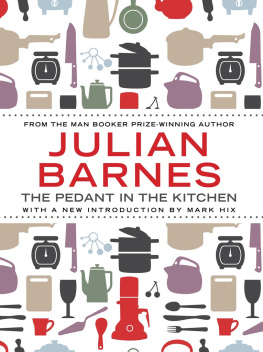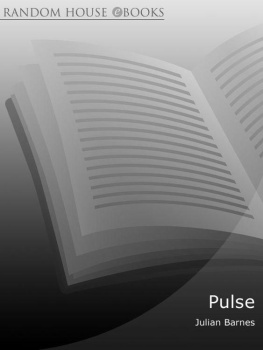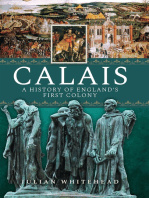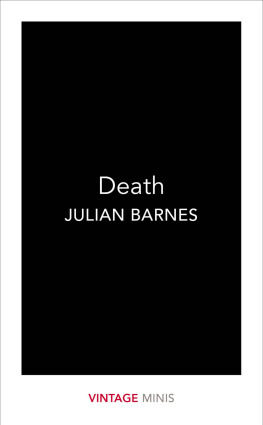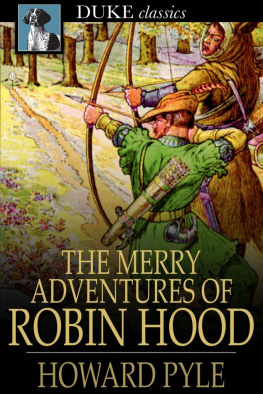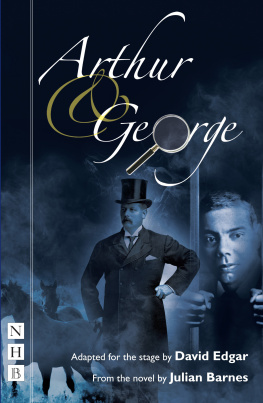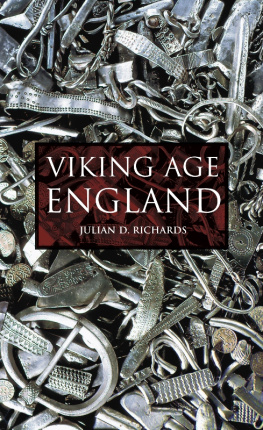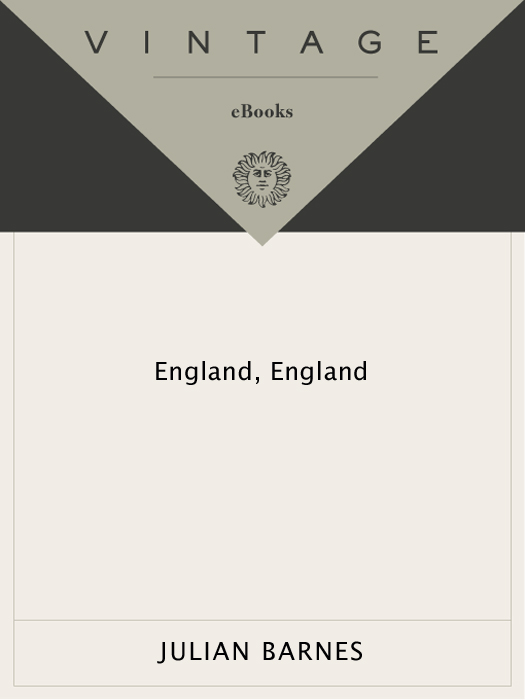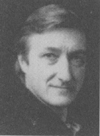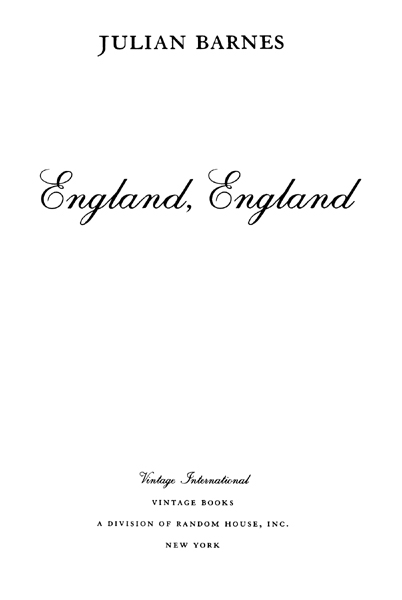Satire at its best.
The New York Times Book Review
Sly philosophical and social commentary.
Chicago Tribune
Barnes has written nothing more poignant and enticing.
The Sunday Times (London)
[Julian Barnes] has shown himself as master of intellectual fun. [Barnes has] a marked gift for cultural observation.
Newsday
Julian Barnes has produced the first classic dystopia of the 21st century. In passages as brilliant as they are witty, Barnes satirizes the modern worlds obsession with imitation.
The Christian Science Monitor
Moves with swiftness and precision. As the tale unfolds, with all its chicanery and reflectiveness, you begin to realize that beneath its sleek surface the satire is offering something more than irony or outrage. [England, England] offers a qualified faith in what is genuine.
Milwaukee Journal Sentinel
Hilarious.
Los Angeles Times
JULIAN BARNES
England, England
Born in Leicester in 1946, Julian Barnes is the author of eight novels, a book of stories, and a collection of essays. He has won both the Prix Mdicis and the Prix Fmina, and in 1988 was made a Chevalier de lOrdre des Arts et des Lettres. He lives in London.

ALSO BY JULIAN BARNES
Metroland
Before She Met Me
Flauberts Parrot
Staring at the Sun
A History of the World in 10 1/2 Chapters
Talking It Over
The Porcupine
Letters from London
Cross Channel

FIRST VINTAGE INTERNATIONAL EDITION, APRIL 2000
Copyright 1998 by Julian Barnes
All rights reserved under International and Pan-American Copyright Conventions. Published in the United States by Vintage Books, a division of Random House, Inc., New York. Originally published in hardcover in Great Britain by Jonathan Cape, London, in 1998 and subsequently published in hardcover in the United States by Alfred A. Knopf, a division of Rnadom House, Inc., New York, in 1999.
Vintage is a registered trademark and Vintage International and colophon are trademarks of Random House, Inc.
The Library of Congress has cataloged the Knopf edition as follows:
Barnes, Julian.
England, England / Julian Barnes. 1st American ed.
p. cm.
eISBN: 978-0-307-55595-3
I. Title
PR6052.A6657E54 1999
823.914dc21 98-46270
Author photograph Jillian Edelstein
www.vintagebooks.com
v3.1_r1
To Pat
Contents
1 : England
W HATS YOUR FIRST MEMORY ? someone would ask. And she would reply, I dont remember.
Most people assumed it was a joke, though a few suspected her of being clever. But it was what she believed.
I know just what you mean, sympathizers would say, preparing to explain and simplify. Theres always a memory just behind your first memory, and you cant quite get at it.
But no: she didnt mean that either. Your first memory wasnt something like your first bra, or your first friend, or your first kiss, or your first fuck, or your first marriage, or your first child, or the death of your first parent, or your first sudden sense of the lancing hopelessness of the human condition it wasnt like any of that. It wasnt a solid, seizable thing, which time, in its plodding, humorous way, might decorate down the years with fanciful detail a gauzy swirl of mist, a thundercloud, a coronet but could never expunge. A memory was by definition not a thing, it was a memory. A memory now of a memory a bit earlier of a memory before that of a memory way back when. So people assertively remembered a face, a knee that bounced them, a springtime meadow; a dog, a granny, a woollen animal whose ear disintegrated after wet chewing; they remembered a pram, the view from a pram, falling out of a pram and striking their head on an upturned flower-pot which their brother had placed to climb up on and view the new arrival (though many years later they would begin to wonder if that brother had not wrenched them out of sleep and dashed their head against the flower-pot in a primal moment of sibling rage). They remembered all this confidently, uncontradictably, but whether it was the report of others, a fond imagining, or the softly calculated attempt to take the listeners heart between finger and thumb and give it a tweak whose spreading bruise would last until love had struck whatever its source and its intent, she mistrusted it. Martha Cochrane was to live a long time, and in all her years she was never to come across a first memory which was not in her opinion a lie.
So she lied too.
Her first memory, she said, was of sitting on the kitchen floor, which was covered in loosely woven raffia matting, the sort with holes in, holes she could poke a spoon into and make bigger and get smacked for feeling safe because her mother was singing to herself in the background she always sang old songs when she cooked, not the ones she liked listening to at other times and even today when Martha turned on the radio and heard anything like Youre the Top or Well All Gather at the River or Night and Day she would suddenly smell nettle soup or frying onions, wasnt that the strangest thing? and that was another, Love Is the Strangest Thing, which always meant the sudden cut and seep of an orange for her and there, spread out on the matting, was her Counties of England jigsaw puzzle, and Mummy had decided to help her by doing all the outside and the sea to begin with, which left this outline of the country in front of her, this funny-shaped piece of raffia floor, a bit like a bulgy old lady sitting on a beach with her legs stretched out the legs being Cornwall, though of course she hadnt thought that at the time, she didnt even know the word Cornwall, or what colour the piece was, and you know what children are like with jigsaws, they just pick up any old piece and try to force it into the hole, so she probably picked up Lancashire and made it behave like Cornwall.
Yes, that was it, her first memory, her first artfully, innocently arranged lie. And there was often someone else who had had the same jigsaw as a child, and a passage of soft competitiveness would ensue, about which piece they would do first it usually was Cornwall, but sometimes it was Hampshire, because Hampshire had the Isle of Wight attached to it and stuck out into the sea and you could match the hole easily, and after Cornwall or Hampshire it might be East Anglia, because Norfolk and Suffolk sat on top of one another like brother and sister, or clutched one another like husband and wife, lying fatly coupled, or made the two halves of a walnut. Then there was Kent pointing its finger or its nose out at the Continent in warning careful, foreigners over there; Oxfordshire playing spoons with Buckinghamshire and squashing Berkshire flat; Nottinghamshire and Derbyshire like side-by-side carrots or pine-cones; the smooth, sea-lion curve of Cardigan. They would remember how most of the large, clear counties were round the edge, and when youd put them in it left an awkward muddle of smaller, odd-shaped counties in the middle, and you could never remember where Staffordshire went. And then they would try to recall the colours of the pieces, which had seemed so important at the time, as important as the names, but now, so long afterwards, had Cornwall been mauve, and Yorkshire yellow, and Nottinghamshire brown, or was it Norfolk that was yellow unless it was its sister, Suffolk? And these were the sorts of memories which, even if wrong, were less untrue.


